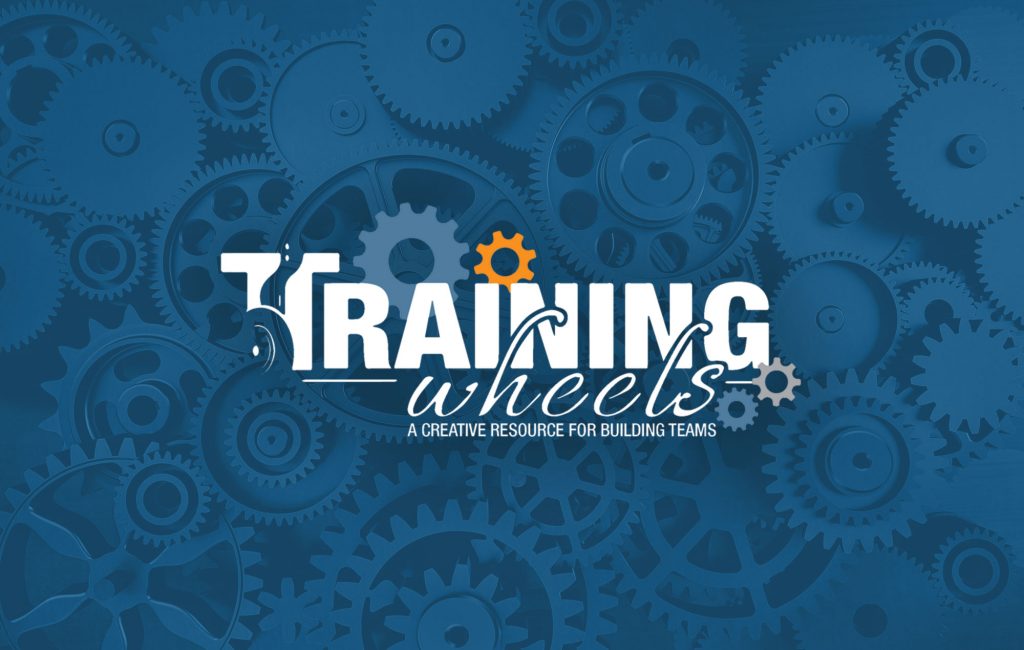

Team building is not just a buzzword; it is a proven strategy that organizations use to foster stronger bonds among team members, enhance collaboration, and boost overall team productivity. If you are a follower of Training Wheels, then this is likely not new news to you, but I’m always still surprised by how many organizations don’t make team building a priority. When teams engage in various team-building activities, professionals can develop better communication skills, increase trust, and align their goals. Here are five reasons that explore why team building is effective and how it can positively impact team dynamics.
Improved Communication:
Effective communication is the cornerstone of any successful team. Team building activities provide an opportunity for team members to interact in a relaxed and informal setting, breaking down communication barriers that may exist in a traditional work environment. Through activities such as icebreakers, problem-solving challenges, and role-playing exercises, team members can develop better communication skills, active listening, and clarity in conveying their thoughts.
Trust and Collaboration:
Building trust among team members is essential for a cohesive and productive team. Team building activities encourage individuals to work together towards a common goal, fostering a sense of camaraderie and collaboration. Whether it’s a problem-solving exercise, a group project, or an outdoor adventure, these activities create a space where team members can rely on each other, develop mutual respect, and build stronger personal relationships.
Identification and Utilization of Strengths:
Team building exercises help team members recognize each other’s strengths and abilities. By understanding each individual’s unique skill set, the team can effectively delegate tasks and responsibilities, leading to more efficient outcomes. Through activities like personality assessments or group challenges, team members discover their own strengths while appreciating the unique contributions of others. This knowledge allows teams to optimize their productivity and work towards achieving their collective goals more effectively.
Enhanced Problem Solving:
Team building activities often involve problem-solving challenges that require creative thinking and collaboration. By working together to overcome obstacles, team members can develop effective problem-solving strategies, learn new perspectives, and find innovative solutions. These activities encourage individuals to utilize their collective intelligence and tap into the diverse perspectives and experiences present within the team, ultimately enhancing the team’s problem-solving capabilities in the workplace.
Boosted Motivation and Morale:
Engaging in team-building activities outside of the typical work environment can have a positive impact on team members’ motivation and morale. These activities provide a break from routine work and help build a sense of camaraderie and shared experiences. As team members feel valued, included, and appreciated, their overall job satisfaction and motivation increase, leading to higher productivity and greater success in achieving team objectives.
Team building is a powerful tool that can transform a group of individuals into a cohesive, high-performing team. By fostering effective communication, trust, collaboration, problem-solving skills, and motivation, team-building activities contribute to an environment where team members feel supported, energized, and driven to achieve common goals. Investing time and resources into team-building initiatives can yield significant long-term benefits, resulting in stronger teams and improved outcomes for organizations.
~Michelle Cummings
Founder, Facilitator, Big Wheel
Training Wheels

Founder / Facilitator / Big Wheel of Training Wheels